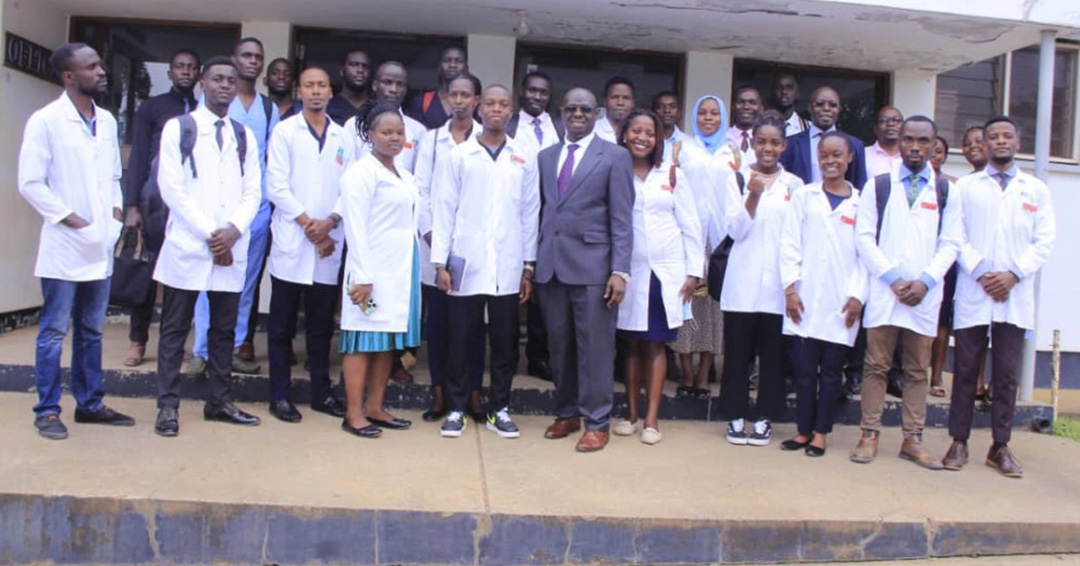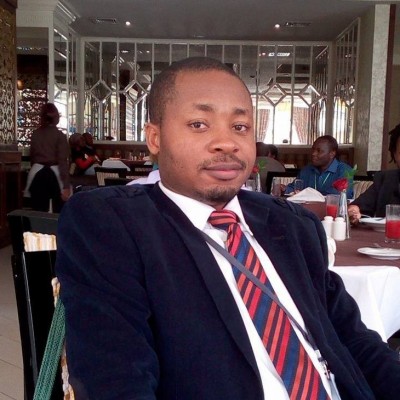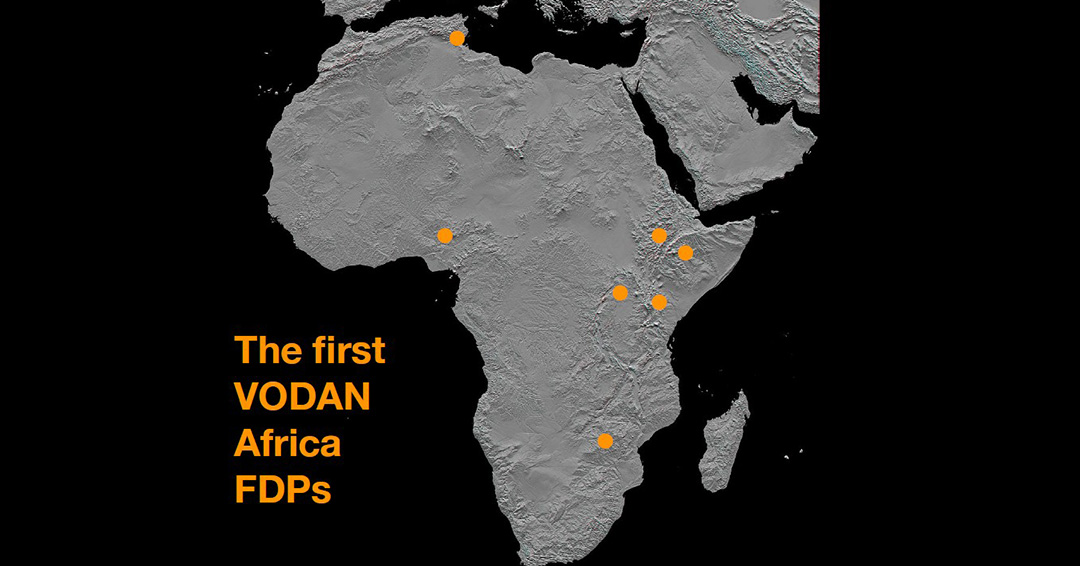
Sep
KIU Teaching Hospital Strengthens Partnership With Kitagata General Hospital
September 5, 2024, 9:40 am
 Obinna Osigwe
Obinna Osigwe

KIU, Main Campus On 21st May 2020, The Virus Outbreak Data Network (VODAN) Africa concluded her 3-part webinar series. The first and second series were held on 7th and 14th of May respectively. All the series was coordinated and hosted by Christine KirkPatrick from the San Diego Supercomputer Center, University of California.
c��?The Virus Outbreak Data Network is an initiative of GO FAIR Foundation (GFF) and the aim is to have a global open data system that is Findable, Accessible, Interoperable and Reusable. The idea behind VODAN Africa is to inject African expertise in the global VODAN initiative. It is a project for African by Africansc⬝, said Prof. Franscisa Oladipo, the Executive Coordinator, VODAN Africa. The VODAN Africa project is sponsored by Philip Foundation.
The webinar series focused on the progress made in the conceptualization and implementation of the deliverables of the project as well as the challenges in the VODAN Africa country projects in Uganda, Ethiopia, Zimbabwe, Kenya, Nigeria and Tunisia.
Explaining the importance of the webinar series, Prof Mirjam Van Reisen, the Global Coordinator VODAN Africa, c��?We want to focus on the priorities in each different location and how VODAN Africa can be useful in these contextsc⬝.
Great presentations were made by the country coordinators from the 6 countries with focus on the country context, challenges encountered, and lesson learned. Emphasis was made on how VODAN Africa can serve data-driven policies in these countries, the role government is playing in member countries to mitigate the economic and human challenges caused by COVID-19 pandemic.
The project aims to create a network of FAIR Data Points (FDPs), that will enable Africa health systems to have data that are discoverable by computers and accessible under regulations of ministries of health. Every member country is expected to have this digital infrastructure in place for current and future health crises.
c��?The VODAN Africa project will solve the lack of uniformity in the accessibility and format of COVID-19 case data which can lead to unnecessary data loss that will confound efforts to analyze the disease outbreakc⬝, said Dr Erik Schultes, the International Science Coordinator, GO FAIR International Support and Coordination Office.
According to the Vice Chancellor, Kampala International University, Dr Mouhamad Mpezamihigo, who also serves as the Chairman Implementation Network, VODAN Africa, c��?Africa will become a huge resource center of verified data on the COVID-19 and future outbreaks through the network of FAIR Data points (FDPs)c⬝.
In addition to the six countries participating in the VODAN Africa project, other countries are expected to join soon, c��?there are more countries coming in, like Liberia, South Africa, Rwandac⬝, Prof. Oladipo said.
Kampala International University,
Box 20000, Ggaba Road, Kansanga, Kampala
+256-760 502660
+256-700 100808